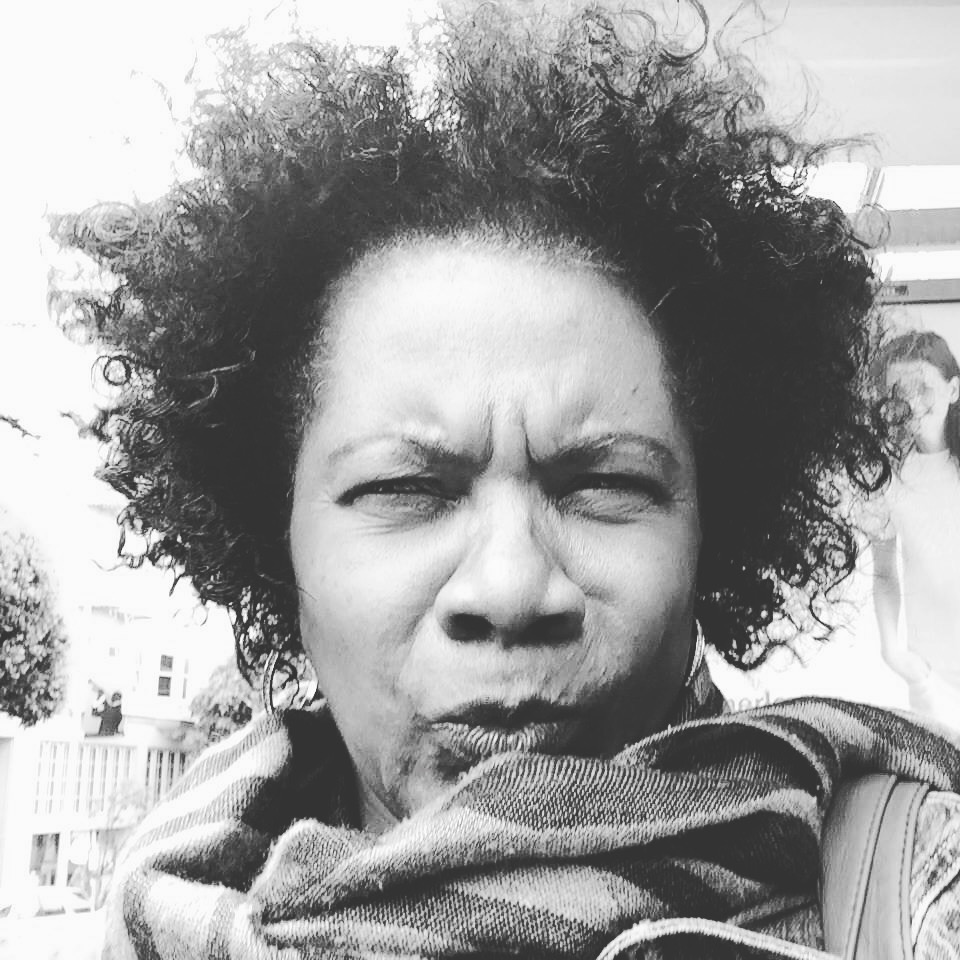The old man sits silently on the steps of his front porch.
These are his thinking steps.
“Always thinking,” his wife used to mutter to herself, “Always thinking!”
Miz Mae never really understood her husband’s quiet ways, his continuous reflections on the curiosities of life.
“Always thinking!”
The old man sits on the steps and stares down the street to the corner where some young boys stand discussing whatever it is young boys discuss these days.
“Hey, old man!”
Rufus, a longtime friend, shuffles up to sit beside his old friend.
It is a daily routine for these two, old friends sitting side by side on the stoop talking and listening to one another.
The old man clears his throat, a sure sign he is about to speak on something he has been thinking about for quite some time
“You know, Rufus, we as a people personify grace under fire.”
He rubs his gray grizzled chin as he speaks.
“Whut you mean by “puhSAHnuhfie?” The old man’s friend often wonders where his friend learned all those big words.
“It’s like we look like grace under fire, like if grace under fire was human, it would look like us.”
“Uh Hmmm.”
Rufus tries to make himself sound like he really understands the old man when he “speech-a-fies” but the truth is that he almost always has a hard time following his friend whenever he uses those big words.
“Yep, grace under fire, that’s us.”
Whenever the old man speaks of “us,” he means African Americans
“Grace under fire is the real story of us, you know, Rufus?”
Rufus grunts assent and waits for the old man to expand on his thought.
“Yes sir, they ripped us from our native land. The smells, the sounds, the taste of home was our only luggage on the middle passage. They dragged us onto foreign soil, alien tongues assaulted our native ears. Our language was whipped out of us and we were forced to speak a foreign tongue they did not teach us but when we finally learned to speak what we thought we heard, they laughed and called us ignorant. They did not recognize our genius, did not see the majesty of our being!”
“They barely named us, treated us worse than that stubborn old mule that refused to pull the plow. They beat us and expected us to love them unconditionally, bowing and scraping whenever they were around, had us mammy their babies and bear children forced upon our women by the master’s rough hands.”
“The sounds and the smells and the tastes of our native land were forced out of us. We swallowed our sorrow, mingled tears with sweat and endured the angry bite of cotton bolls picked in the scorching heat of every day.”
“They force freed us then designed a new bondage named after a minstrel song that foisted violent servitude upon us, brutal acceptance of their inhumanity. They hung us from trees while they picnicked and took trophy pictures like hunters on a safari.”
“We endured it all, wept through it all, buried our dead too young, muted our anger, wrapped ourselves in our frustration and waited and waited and waited for real freedom ”
“Well, freedom finally caught up with us, we thought, but it came with conditions attached. Stay in your place, accept what we say is right for you, be grateful for the crumbs we half-heartedly throw to you, walk through that open door then work twice as hard to prove your worth.”
“We worked hard, we assimilated, we embraced our natural roots, we expected more but each day we received less and they wonder why we are not satisfied.”
“But, dagnabit, look at us Rufus, we are still here, still climbing Mr. Hughes’ torn, worn stairs. We are still striving, still pressing, and Rufus, we ain’t rioted full scale across the country, yet, not even when they killed Martin or when Malcolm died, not even when they killed our boys, our girls, our men, our women. Our souls have been tried. Our spirits have been bruised. Our hearts have been burdened. Our tears have been bitter. Our losses have been huge. But, even so, we held on to hope, we still hold on to hope. They still killing us but we still get up in the morning. We still laugh. We still dance. We still sing. We still love. We still marry. We still have children. Shoot, we still like sex when we have the energy!”
Rufus chuckles then looks around to see if anyone heard that last comment his friend made.
“We have not yet reached the end of our rope but I’m mighty a-feared that the rope of our hope is getting shorter, that the fuse of our anger might be about to be lit for a great explosion of retribution. I pray that peace prevails and that equality, one day, will one hundred percent win. That is my prayer. It’s my prayer for our land, Rufus. Its my prayer for us, too.”
Rufus blinks a few times as he chews on the old man’s words. He is both proud and afraid at the same time but he sits up a just a little straighter, squares his shoulders and says,
“Yessuh, we sho have puhSAHnuhfied grace undah fiyah, yessuh, we sho have. ”







